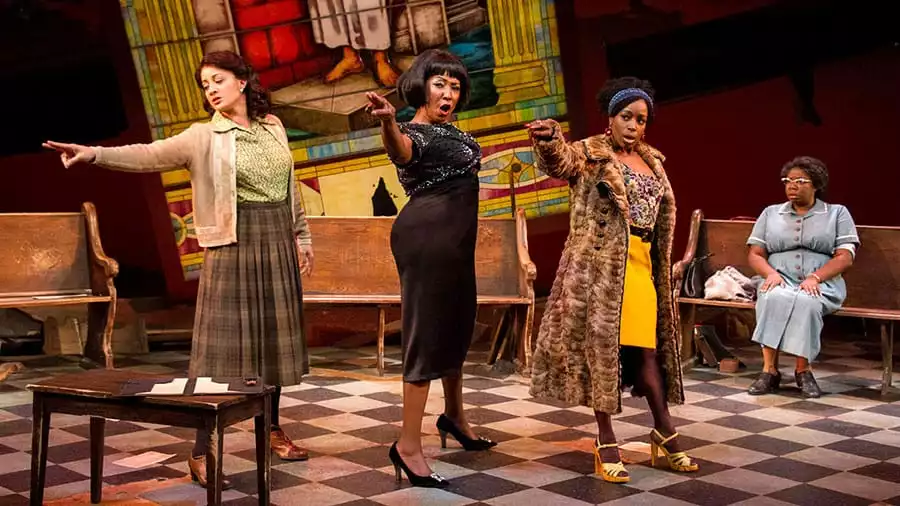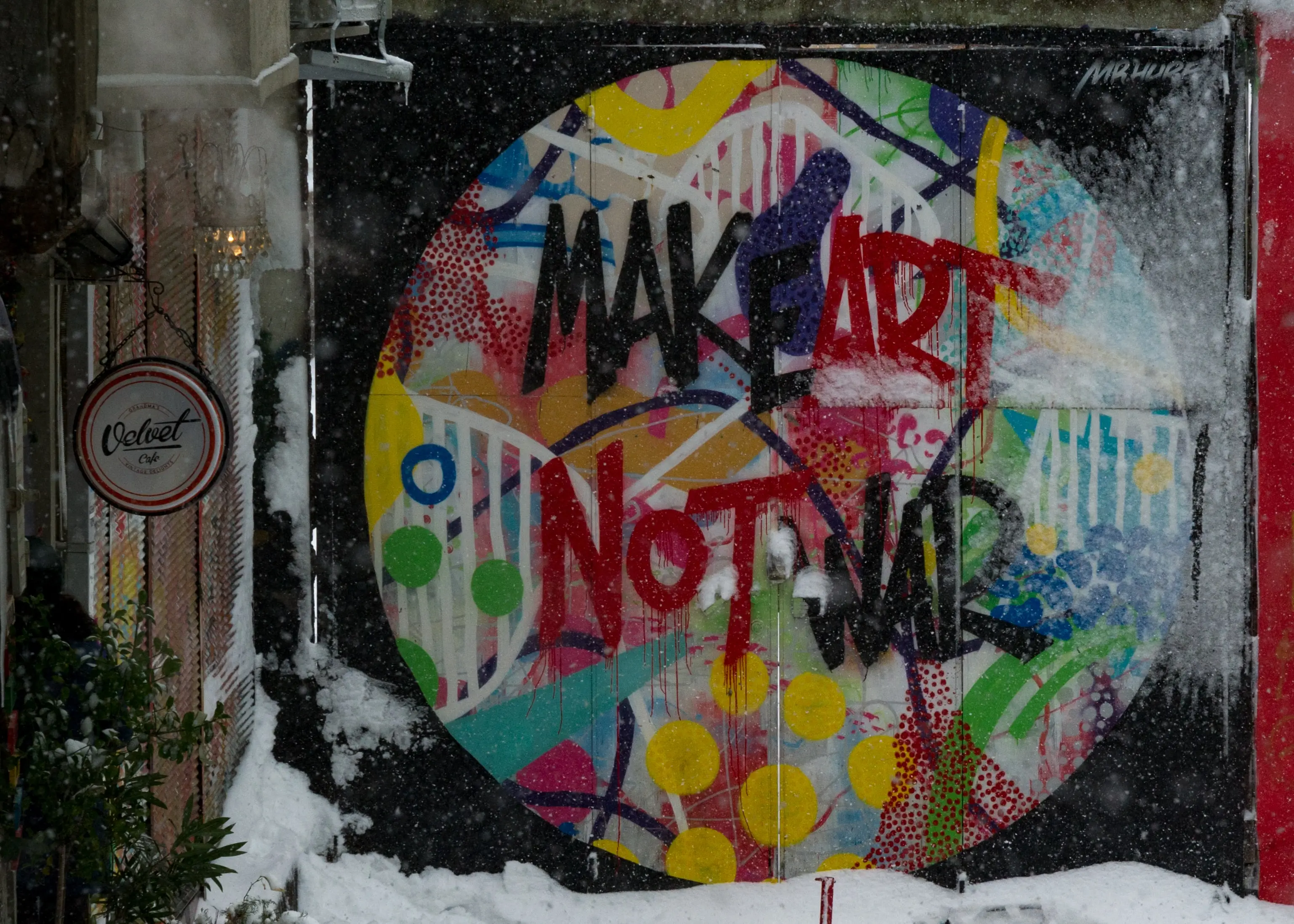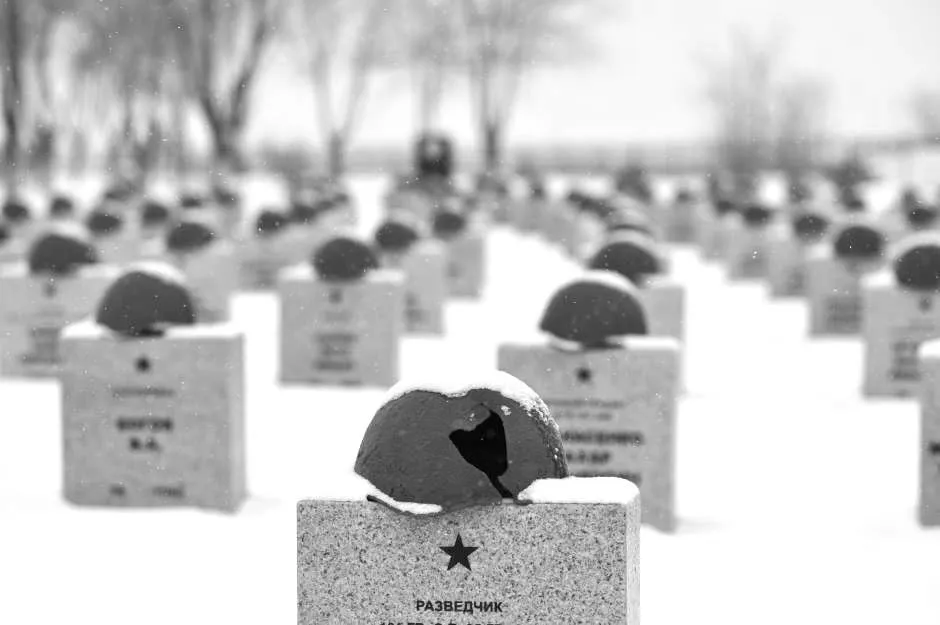– Continuation of the second chapter
There are three women that I will always remember during the time of the plague in Quebec City, and for quite different reasons. I shall mention them in the order that I met them. They are not similar, the first being my editor in Quebec City, the second an older abstract easel painter, and the third woman is perhaps in her early thirties and is a jazz musician and singer from Carros, France. How I met them is interesting because it reveals the social conditions that I met them in, but not how my accidental encounters with them played a deeper, psychological role, as there was no physical intimacy in these relationships. During the plague that I speak of in this memoir I did not seek out an immediate affection. I never fell in love in Quebec City, and that is humorous, because I saw so many women I wanted to make love to!
I had actually met the first of the three women six or seven years ago, at a Christmas party to which I was invited by a friend. It was a typical bourgeois party with wonderful French holiday food to eat along with fine wines. The gentleman who held the Christmas party was ironically a Mexican American from California. There were numerous people at the gathering in a very stylish, upscale condo, and on the wall there were colorful abstract paintings that had been created by the host. I did not find them appealing, although one or two caught my eye. It was here that I met an American woman, and for some unknown reason, we began talking about the Battle of Québec in 1759, and I was stunned to learn that she had actually owned the small home in Château Richer that was the headquarters of Maj. General Wolfe during that war of attrition on both sides of the Saint Lawrence River, on which the fate of Quebec City would be settled.
This woman, who was attractive with a mischievous face, scrutinizing eyes, was a pleasure to meet, and we were to become long-lasting friends. I shall call her simply the “Fly” because as she once told me, “Luis, I do not want to write anything, no memoirs, nothing, I am simply a fly on the wall!” She kept her word, as although she could be uncannily precise in foreseeing the coming of fascism among the American people, she was more than that to me. She was worried that I would not escape the political viciousness and persecution that I would encounter in the United States if I stayed in my homeland. She strongly encouraged me to return to Quebec City and write about the famous battle here, and I took her seriously, coming to what I deem the City of War three months before the plague fell upon us.
During the first days and weeks of the plague she brought me food from the grocery stores, bottles of wine which I demanded, and worked tirelessly with me as my editor to make sure that my novel, At the Bridge of Sighs, would be self-published. With her sharp eye, the Fly made sure that my novel would stand the test of literary time. But there was something subtle in a statement she made during the very first days of the plague that stuck with me like a deep sob in the throat, when she said that for me, Quebec City would be the Leningrad of the plague just as Leningrad became the heroic city against the fascist invaders of that time. Although there was perhaps hyperbole in her remark, psychologically her observation was correct. The Fly taught me many things during the first year of the plague and that was to write, observe and stay away from the most dangerous of creatures, human beings.
I met Hélène Cloutier at Les Cousins during the early days of winter, when people still crowded into the grand Italian Restaurant and café, and there happened to be an empty chair at my small table. This petite, sharp-eyed woman approached me and asked me in French if she could take the seat. I replied to her in my halting French that I was sorry that I did not speak the language. To my amazement she replied that she spoke English! Then she noticed that I was reading a book! she politely asked me what I was reading, to which I replied hesitantly, The Peloponnesian War by Thucydides. She asked me what kind of book it was. I told her that it was a book on war, more precisely a book that I had studied since I was young. I introduced myself, and she said her name was Hélène Cloutier and that she was a painter who lived here in Quebec City.

Looking at the woman’s face, I thought immediately how she resembled the great French writer Sidonie-Gabrielle Colette, who was simply known as Colette to readers throughout France, and eventually the world. I told Hélène that I came from Vermont, although I was originally from Kansas, and that I would always be proud to be from Kansas, and that I had a slight Southern drawl, and not to be too concerned about the sing-song intonations to my voice. Hélène smiled and said she completely understood and that she had spent time traveling throughout her life and had lived in Spain and spoke Spanish. From that day forward until the plague began to rage through the city, we would meet at Les Cousins and discuss art, literature, and our travels. Hélène Cloutier would play a major role in making sure that I had food and could get funds from a bank, as my doctor did not want me to have face-to-face contact with anyone until I returned to Vermont. However, it was only later, without giving out harsh details, I had to avoid her manipulative behavior, her petit-bourgeois behavior revealing itself over a period of time.
During the month of December 2020, I was in the Cantook Café, having coffee and reading an account by Pliny the Younger on Pompeii, while casually looking at the lovely women having their coffee and croissants, when I realized I was sitting next to a young, bearded man reading a book of essays on film history, so I asked him in English, after apologizing that I could not speak French, if he was a film student. The young man looked at me curiously, then said in slightly accented English, “No, I am a professor of film at Laval University.” We immediately struck up a long conversation about the history of filmmaking, especially about the films of Sergei Mikhailovich Eisenstein, and then we began to talk about actors and actresses, and I found myself mentioning that I had been to a film at the Cannes Film Festival, and that I came from Kansas, where the great silent film actress Louise Brooks was born. The man looked at me excitedly, saying that Louise Brooks was his favorite actress. Then, with a slight smile, he said “I am Jean-Pierre Sirois-Trahan, and I am very happy to meet you!” I introduced myself and we shook hands. I asked him if he had ever read Louise Brooks’ autobiography, Lulu in Hollywood. Again, there was a surprised, even I might add a shocked look on his face. He told me he had never read it, he didn’t even know she had written a book. I then began to tell Jean-Pierre that Louise Brooks was a self-educated intellectual who read voraciously all of her adult life, and that even in poverty in New York City, working as a sales clerk in a department store, she was able to write what is now a classic in film literature. Jean-Pierre listened intently and quietly and told me that was going to order the book that very day online.


Jean-Pierre and I would have many conversations in the Cantook Café, and later he invited me to a grand birthday party for the video maker Marie-Andree Cormier on December 18th. I walked along an avenue which is about two streets down the hill from Saint Jean. There was a feeling of Christmas in the air, and there was snow on the streets, and the people looked at each other with a festive mood in their eyes.
Entering the student-like apartment with its warm-white painted walls, I could hear music in the rooms, see colored Christmas lights displayed in the main living room, while from the kitchen came the roar of laughter and conversation in French. I introduced myself in English, setting down my three bottles of French wine for anyone to open and drink at their leisure. Immediately, some young people invited me to join them at the kitchen table, where there was a large spread of cheeses, crackers and meats. It reminded me of my university days, when we had parties at Kansas State University among all the young intellectuals in the history and philosophy departments. The parties would start on Friday night and end with all of us drunk by Sunday! The light-hearted people here in Jean-Pierre’s home were not as full of naïve mirth like in my time as a university student.
These young people came from all classes and professional backgrounds. The conversation was full of intellectual curiosity, everyone attentive to each other's comments from filmmaking to world politics. It reminded me of the kind of Italian parties that Stendhal wrote about in his journals during his period of exile in Italy. I was able to meet Nadeer, a photographer, who took photos of all of us with my Leica camera. His beautiful girlfriend, who was from Cape Breton Island, was very attentive to me, and she had a similar charisma and beauty to my second and former wife, Judith. Nadeer wanted to take a photo of me next to the first French film advertisement in history, then a photo of me with a woman I met at the kitchen table, Marie Fillod. It was Marie Fillod who was the third woman that impressed me during my first year in Quebec City.
When Marie Fillod came to sit next to me at the kitchen table amid the joyous conversations at the birthday party, I was a little taken back. I noticed right away that she had a certain quiet beauty, wore glasses and was tall but graceful. Dressed in a black turtleneck sweater, there was an elegance to her that one sensed immediately. We fell naturally into a conversation, talking about France, where she told me that she came from, and that led to a discussion about Paris and French writers, and then in an abrupt manner, Marie said to me with a serious expression in her large, beautiful eyes that she was not sure that life was worth living or that it had any meaning all. I was quiet and did not immediately respond, but finally said that I agreed with her to an extent, that yes, it may have no meaning at all, except the meaning that we give it. She looked at me inquisitively and asked what I meant by except the meaning that we give it. I told her that I was a Marxist Leninist, therefore my existence is rooted in my social actions. If I didn’t believe in such a way of living, then life would for me have no meaning.
We continued the discussion for a while, then we joined the other people in the festivities. We had our photo taken together, and I looked incredibly old and tired next to her, this woman who told me she was a jazz singer and musician. Before I left the party that night, we exchanged telephone numbers and home addresses. Eventually, she would come to Cantook Café to tell me that she had a Christmas gift for me from the cheese shop where she worked in Limoilou, a working-class borough of Quebec City. Although I was aware that Marie was very educated and not of working-class origins, there was no haughty middle-class behavior in the way she expressed herself, and she had a kind disposition I will never forget. At the party I had given her a copy of my book of Paris photography, as well as a copy of my short stories. When I went to get the wonderful Christmas gift of cheeses from France and Italy that she had for me, it was a little awkward, for as anyone who has met someone at party knows, what one senses in the most festive moment is not always true tomorrow. We never saw each other again. I did write a poem for her, making sure that it was not too romantic, and I sent it to her via email. I could see that we had completed what we needed to complete with our conversation at the Christmas party.
Click here to read the 1st part of this article.






